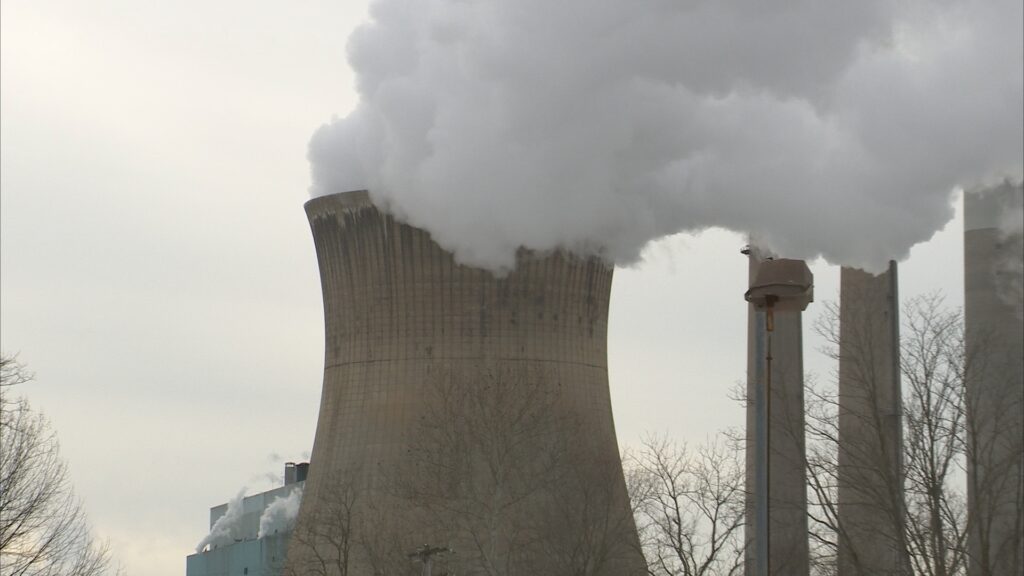Mon Power has proposed to take over the Pleasants Power Station temporarily, while it decides whether to buy it. Would that be a good deal for the company and ratepayers?
Seth Feaster is an energy data analyst with the Institute for Energy Economics and Financial Analysis who looks at the coal industry and power plants.
Feaster says it was telling that Mon Power didn’t make a firm commitment to purchasing the plant. Instead, it proposed to operate the plant for 12 months, and charge ratepayers $3 million a month while it studied what to do next.
“There was a less than enthusiastic response about them taking on the plant,” he said. “Because if it had been a great idea, they probably would have embraced it much more directly.”
Mon Power has many factors to consider. First among them, the price of coal and natural gas, which fluctuate depending on market conditions. Second, the impact of federal regulations. The Biden administration is cracking down on power plant emissions, and the cost of compliance could affect facilities like Pleasants.
Third, the cost of wind and solar has declined, making coal less competitive with renewables.
“And so the competitive marketplace isn’t getting any less challenging for keeping a plant like Pleasants around,” Feaster said.
Feaster says that prolonging the plant’s life will come at a cost to ratepayers. In the interim, the $3 million a month surcharge works out to 2.2 percent, or $2.67 a month for the typical residential user.
Beyond those 12 months, Feaster says ratepayers would have to continue to absorb those costs, and they may be higher.
“They could say, sure, we’ll buy it, if we can raise rates permanently 2.3 percent, or maybe even more,” Feaster said.
Already, the West Virginia Public Service Commission’s case docket has begun to fill with comments in support of keeping the plant running, its workers employed and its tax revenue supporting local government services. But Feaster asks, at what point is it not worth the cost?
“It’s lovely that you want to preserve the coal plant, but how much are ratepayers willing to pay extra for basically subsidizing that kind of energy source?”
The PSC will hold a hearing on the proposal on April 21.






















